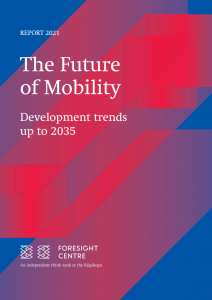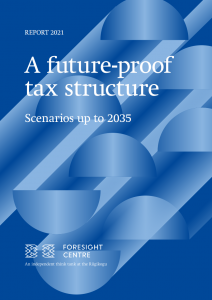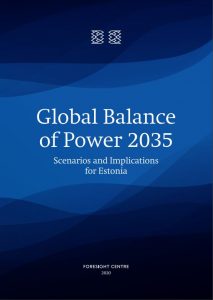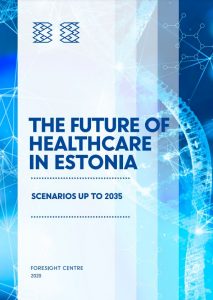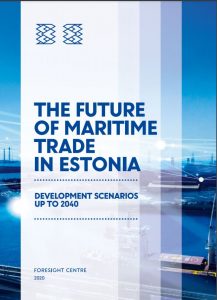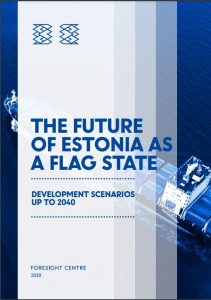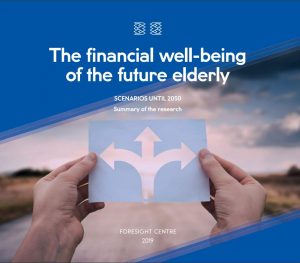Mobility and the options for mobility are tightly linked with how we live our lives. We move to go to work, to study or to make use of our leisure time. The future of mobility can be seen in the broadest sense of how and where people live their lives, or more narrowly as the day-to-day mobility choices made within the existing system.
Reports
The tax systems of developed countries are as a rule very stable and larger changes are made over a long time. However, the world does not stand still. Several trends are undermining tax bases and tax receipts, while an ageing population will need more to be spent on social security.
Long-term care is intended for people who need help coping with day-to-day living and with being part of society. Around half of those in need of help have reduced physical or mental capacity because of old age, while half have been born with special needs or have developed them as a consequence of an accident or illness.
Foresight Centre developed four scenarios about the global balance of power shifts until 2035 and outlined the implications for Estonia.
People in Estonia are living longer than ever but they are living with health problems, and while the life expectancy of Estonians has risen the most in Europe, the same cannot be said of the number of healthy life years.
Foresight Centre developed three scenarios about the impact of the virus crises on the Estonian economy untill 2030.
A raport commissioned by the Foresight Center four scenarios concerning the future of Estonian maritime trade in 2040 were completed.
One new ship coming under the Estonian flag could generate 45,000–240,000 euros in tax revenue from the on-shore sector. The exact amount would depend on how interested shipping companies are in the products and services offered by our on-shore sector.
People will have more responsibility for their welfare in the old age. Ways of coping that are not part of the national pension system become important.
This report analyses the values of Estonian society. Values are viewed here as the desirable goals which people strive to attain. Values guide the selection or evaluation of actions, policies, people, and events. We see them as a component of human capital – the characteristics of people that make a contribution to the development of a country, national economy and life satisfaction. The report provides an outline of the current state and recent changes of major Estonian values, in comparison to other European countries. Predictions about future value trends are also included.

 An independent think tank at the Riigikogu
An independent think tank at the Riigikogu 